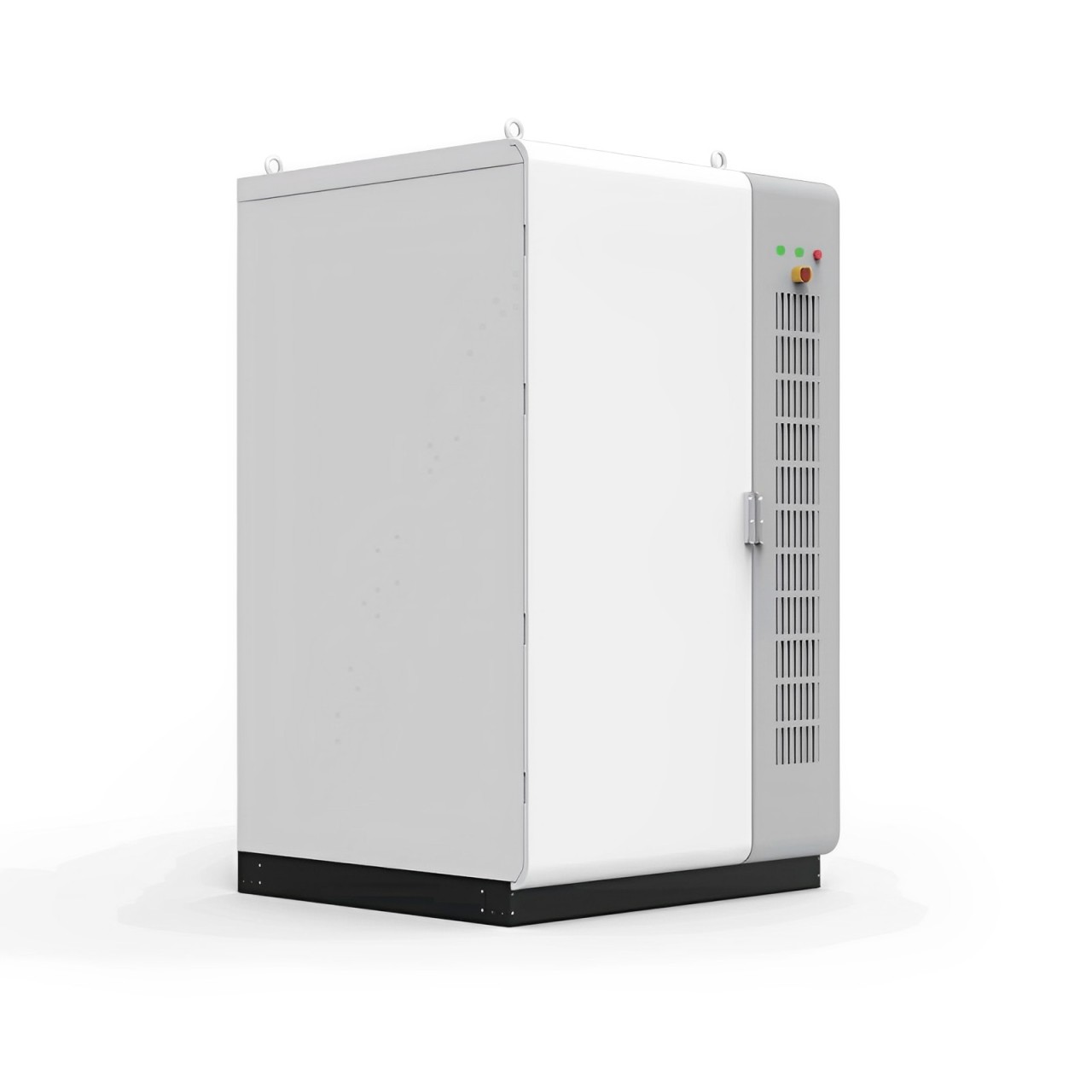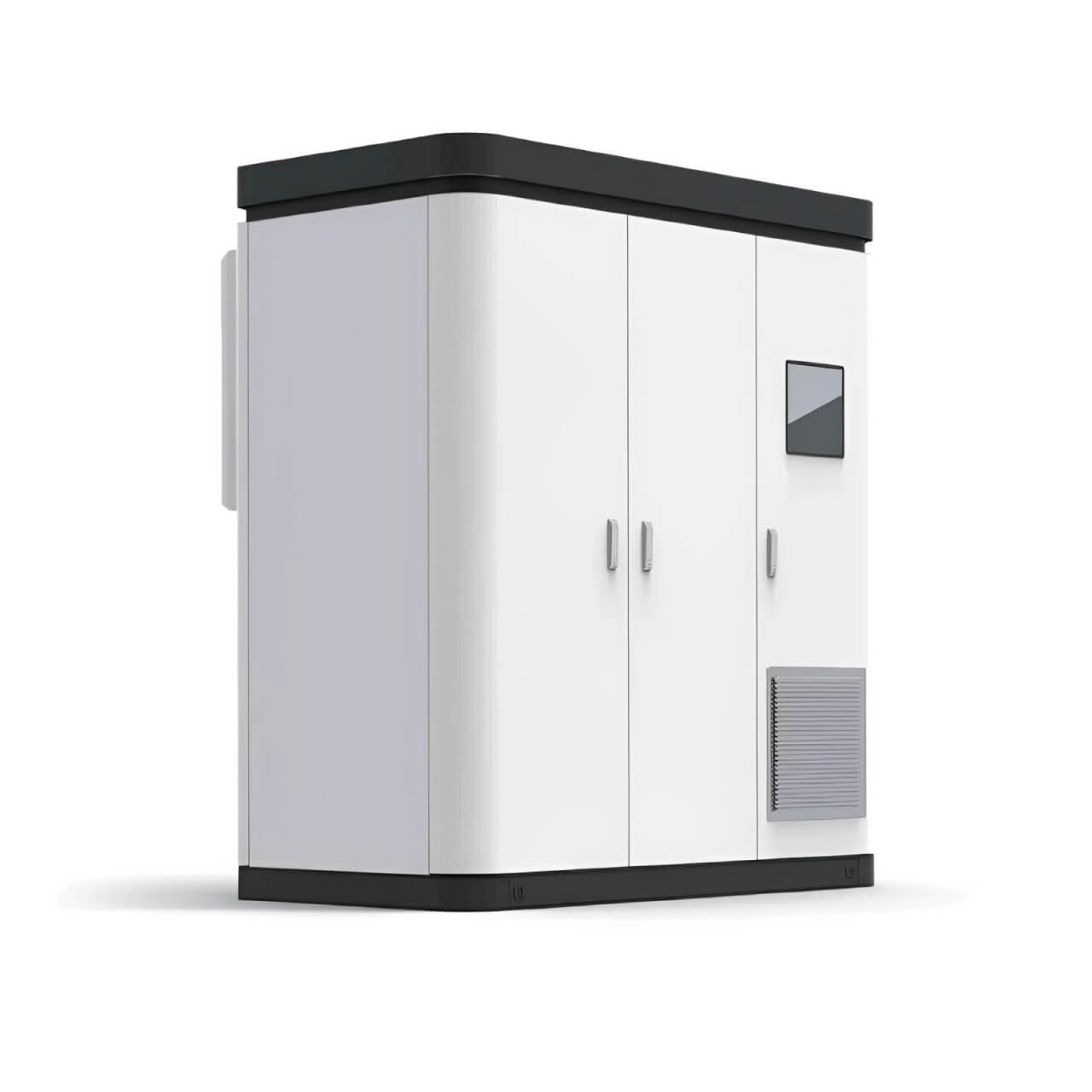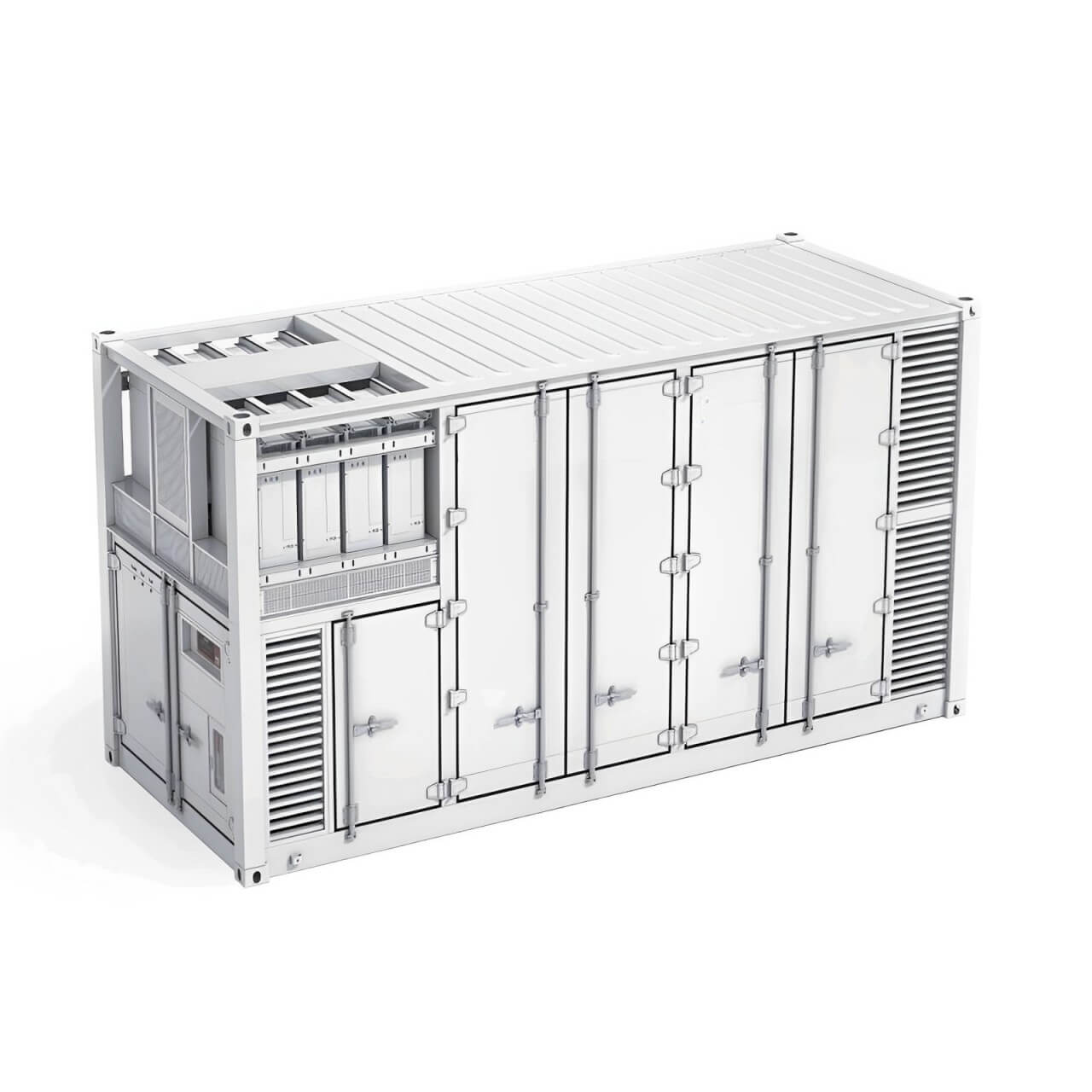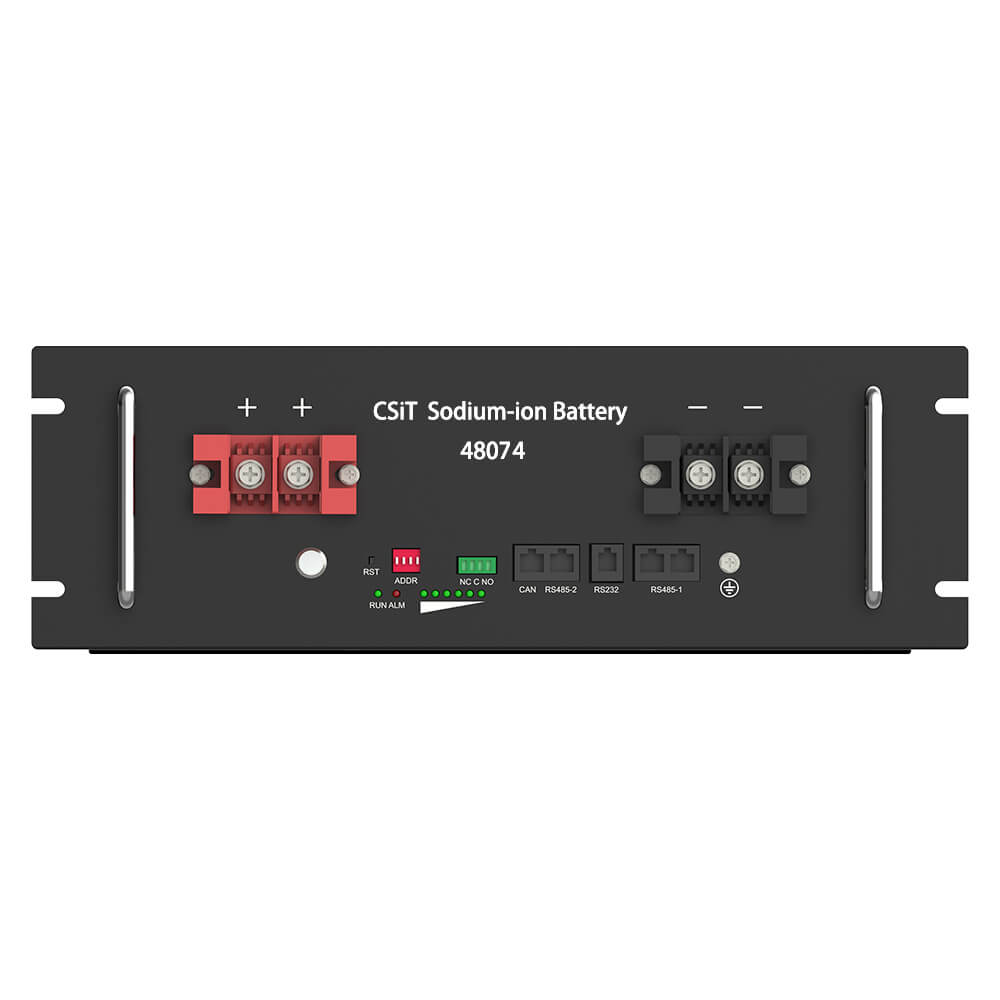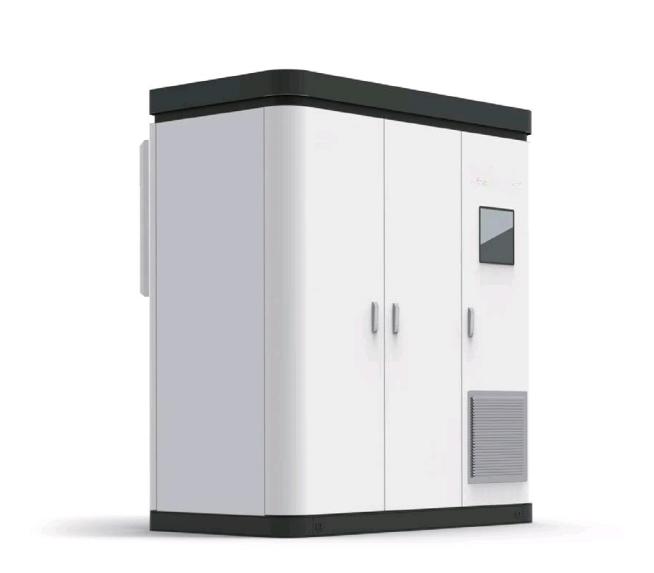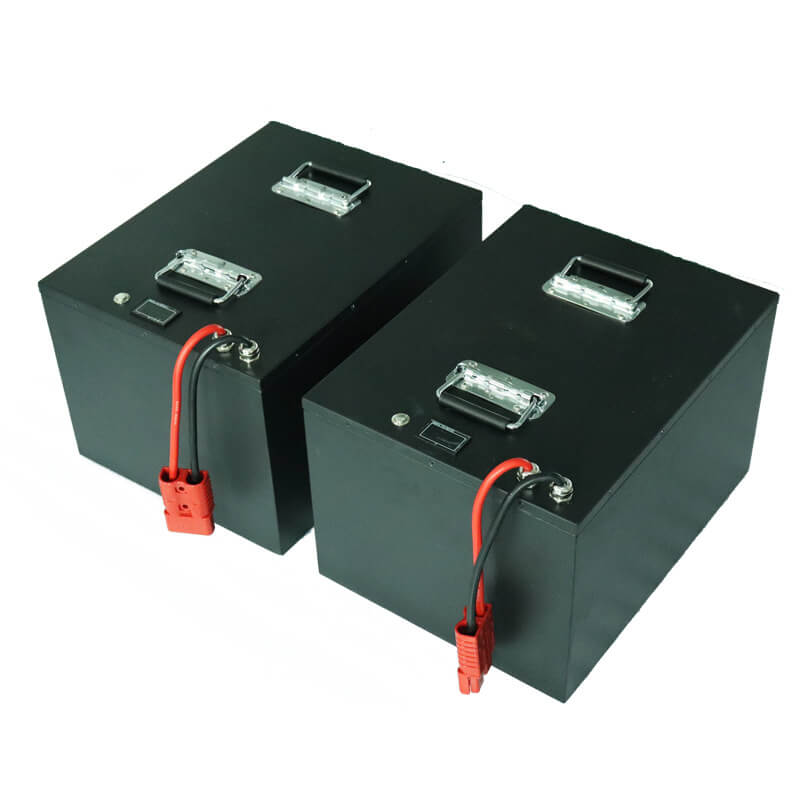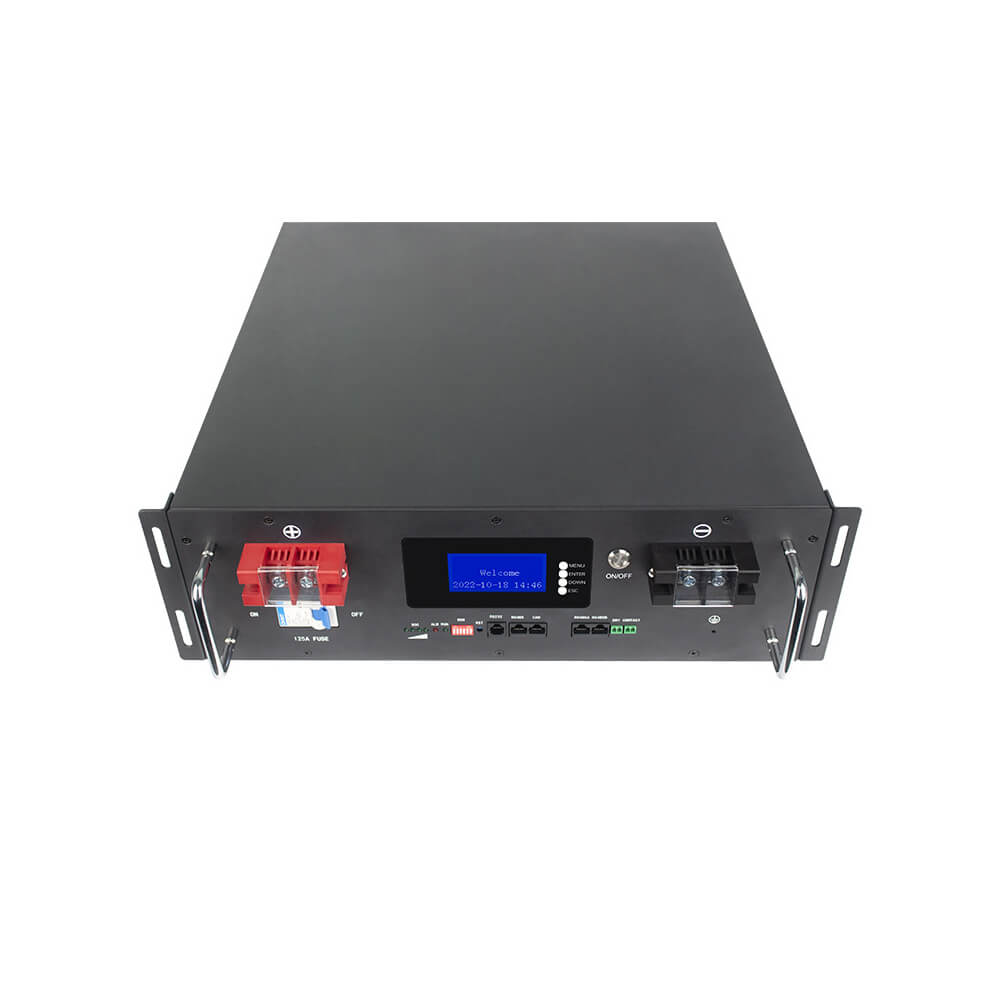Korea Advanced Institute of Science and Technology (KAIST) has developed a high-energy, high-power hybrid sodium-ion battery capable of rapid charging.
According to KAIST, sodium, which is over 500 times more abundant than lithium, has recently garnered significant attention for its potential in sodium-ion battery technologies.
However, the researchers said that existing sodium-ion batteries face fundamental limitations, including lower power output, constrained storage properties, and longer charging times, necessitating the development of next-generation energy storage materials.
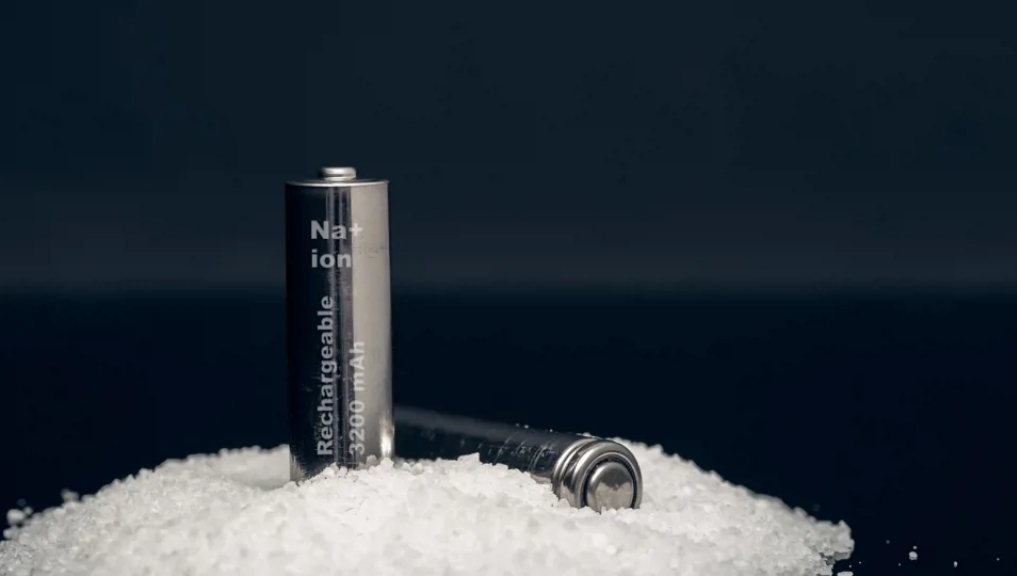
With this, the research team, led by Professor Jeung Ku Kang from KAIST’s Department of Materials Science and Engineering, developed a hybrid energy storage system which integrates anode materials typically used in batteries with cathodes suitable for supercapacitors.
This combination allowed for the device to achieve high storage capacities and rapid charge-discharge rates, positioning it as a viable next-generation alternative to lithium-ion batteries, according to its developers.
However, the researchers found that the development of a hybrid battery with high-energy and high-power density required an improvement to the slow energy storage rate of battery-type anodes as well as the enhancement of the relatively low capacity of supercapacitor-type cathode materials.
To account for this, Professor Kang's team utilised two distinct metal-organic frameworks for the optimised synthesis of hybrid batteries. This approach then led to the development of an anode material with improved kinetics, through the inclusion of fine active materials in porous carbon derived from metal-organic frameworks.
Additionally, a high-capacity cathode material was synthesised, and the combination of the cathode and anode materials allowed for the development of a sodium-ion storage system, optimising the balance and minimising the disparities in energy storage rates between the electrodes.
The researchers said that the assembled full cell, comprised of the developed anode and cathode, formed a high-performance hybrid sodium-ion energy storage device, which ‘surpasses the energy density of commercial lithium-ion batteries and exhibits the characteristics of supercapacitors' power density.’
In a statement, Professor Kang said that the hybrid sodium-ion energy storage device, capable of rapid charging and achieving an energy density of 247Wh/kg and a power density of 34,748W/kg, ‘represents a breakthrough in overcoming the current limitations of energy storage systems,’ and anticipates broader applications across various electronic devices, including electric vehicles and in aerospace technologies.
Reprinted from ScienceDirect.

 简体中文
简体中文 Russian
Russian French
French German
German Japanese
Japanese Korean
Korean Arabic
Arabic Spanish
Spanish